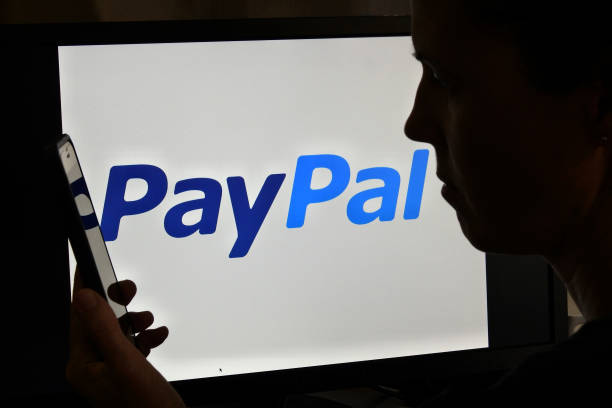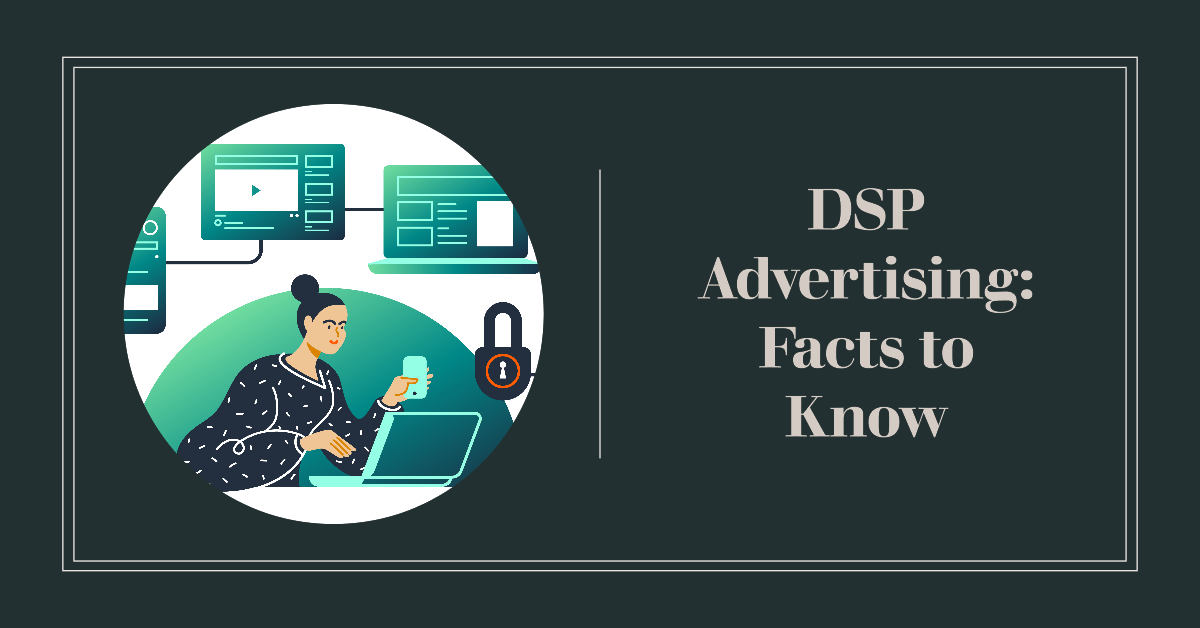Pay-per-click (PPC) advertising has evolved dramatically over the years, becoming one of the most effective and measurable channels for online marketing. However, as the landscape becomes more competitive, mastering advanced techniques for PPC optimization is crucial to achieving outstanding results. So, in this blog post, we’ll delve into some advanced strategies and tactics that can elevate your PPC campaigns to new heights.
1. Audience Segmentation and Targeting – PPC Optimization
Why it Matters:
Audience segmentation allows you to tailor your messaging and bids to specific groups of users, increasing relevance and driving higher conversion rates.
Advanced Tip:
Utilize Google Ads’ custom affinity and custom intent audiences to create highly targeted segments. You can also leverage first-party data and CRM information to create lookalike audiences.
Implementation:
Start by analyzing your existing customer data to identify patterns and characteristics. Additionally, use this information to create audience segments based on demographics, interests, and behaviors. Additionally, test different messaging and offers for each segment to find what resonates best.
2. Ad Copy Testing and Optimization
Why it Matters:
Compelling ad copy can significantly impact click-through rates (CTR) and Quality Scores, leading to lower costs and higher ad positions.
Advanced Tip:
Implement A/B testing for ad copy variations, focusing on headlines, descriptions, and calls-to-action (CTAs). Also, use ad extensions like site links, callouts, and structured snippets to provide additional information and improve visibility.
Implementation:
Create multiple ad variations for each ad group and run them simultaneously to determine which performs best. Moreover, continuously analyze the results and make data-driven adjustments to optimize performance.

3. Keyword Expansion and Negative Keywords – PPC Optimization
Why it Matters:
Keyword selection is fundamental to PPC success, but ongoing expansion and refinement are essential to capture new opportunities and prevent wasted spend.
Advanced Tip:
Use keyword research tools like SEMrush, Ahrefs, or Google’s Keyword Planner to identify new keyword opportunities. Additionally, implement negative keywords to exclude irrelevant queries and improve campaign efficiency.
Implementation:
Regularly review search query reports to identify new keyword ideas and negative keywords. Add relevant keywords to your campaigns and ad groups while continuously refining your negative keyword list to filter out irrelevant traffic.
4. Landing Page Optimization
Why it Matters:
A well-optimized landing page can significantly impact conversion rates and Quality Scores, making your PPC campaigns more effective and cost-efficient.
Advanced Tip:
Create dedicated landing pages for your PPC campaigns with clear and compelling messaging, strong CTAs, and relevant content. Moreover, implement A/B testing to optimize page elements like headlines, images, and forms.
Implementation:
Align your landing page content with your ad messaging to create a seamless user experience. Monitor user behavior and conversion rates to identify areas for improvement and implement changes accordingly.

5. Automated Bidding Strategies – PPC Optimization
Why it Matters:
Automated bidding strategies like Target CPA, Target ROAS, and Maximize Conversions can help optimize bids in real time, maximizing performance and efficiency.
Advanced Tip:
Experiment with different automated bidding strategies to find the one that best aligns with your goals and budget constraints. Also, combine automated bidding with manual adjustments for optimal control and flexibility.
Implementation:
Start by setting up a campaign with an automated bidding strategy and monitor its performance closely. Moreover, make adjustments as needed to fine-tune bids and maximize ROI.
6. Utilizing Ad Extensions Strategically
Why it Matters:
Ad extensions provide additional information and opportunities for interaction, enhancing your ad’s visibility and relevance. Additionally, which can lead to higher CTRs and improved Quality Scores.
Advanced Tip:
Experiment with different ad extensions like call extensions, location extensions, and price extensions to determine which ones resonate most with your audience and drive the best results. Utilize automated extensions when appropriate to save time and ensure consistency.
Implementation:
Customize your ad extensions to align with your campaign goals and audience needs. For instance, if you’re running a local campaign, use location extensions to display your business address and encourage in-store visits. Also, always monitor performance metrics for each ad extension and make adjustments as needed to optimize performance.

Examples of Ad Extensions: PPC Optimization
- Call Extensions: Allow users to call your business directly from the ad.
- Location Extensions: Display your business address, making it easier for users to find and visit your location.
- Price Extensions: Showcase product or service prices directly within the ad. Also, providing transparency and encouraging clicks.
- Review Extensions: Highlight positive reviews or ratings to build trust and credibility with potential customers.
Best Practices for Ad Extensions:
- Relevance: Ensure that your ad extensions are relevant to your ads and landing pages to provide a cohesive user experience.
- Testing: Regularly test different ad extensions and variations to identify what works best for your campaigns.
- Monitoring: Keep an eye on performance metrics like CTR, conversion rate, and ROI to measure the impact of your ad extensions and make data-driven decisions.
Conclusion: PPC Optimization
Ad extensions are a powerful tool in your PPC arsenal, offering a way to enhance your ads’ visibility and engagement potential. So, by strategically utilizing ad extensions and continuously testing and optimizing them, you can create more compelling and effective PPC campaigns.
Lastly, incorporating these advanced techniques into your PPC optimization strategy can help you stay ahead of the curve and drive superior results. So, the key to PPC success lies in continuous learning, experimentation, and refinement. So, don’t be afraid to try new things, analyze the results, and make adjustments to optimize your campaigns for success.
Now that you’re equipped with these advanced PPC optimization techniques, it’s time to put them into action. Happy optimizing!









[…] on a deep understanding of the platform’s operational mechanics, including the pay-per-click (PPC) model, keyword bidding, and strategic ad […]
[…] are the backbone of any successful SEO or PPC campaign. Google Trends helps you identify which keywords are gaining traction and which ones are […]
[…] digital marketing channels, including SEO, social media, content marketing, email marketing, and PPC advertising. So, this expertise can save you time and resources by avoiding common pitfalls and […]